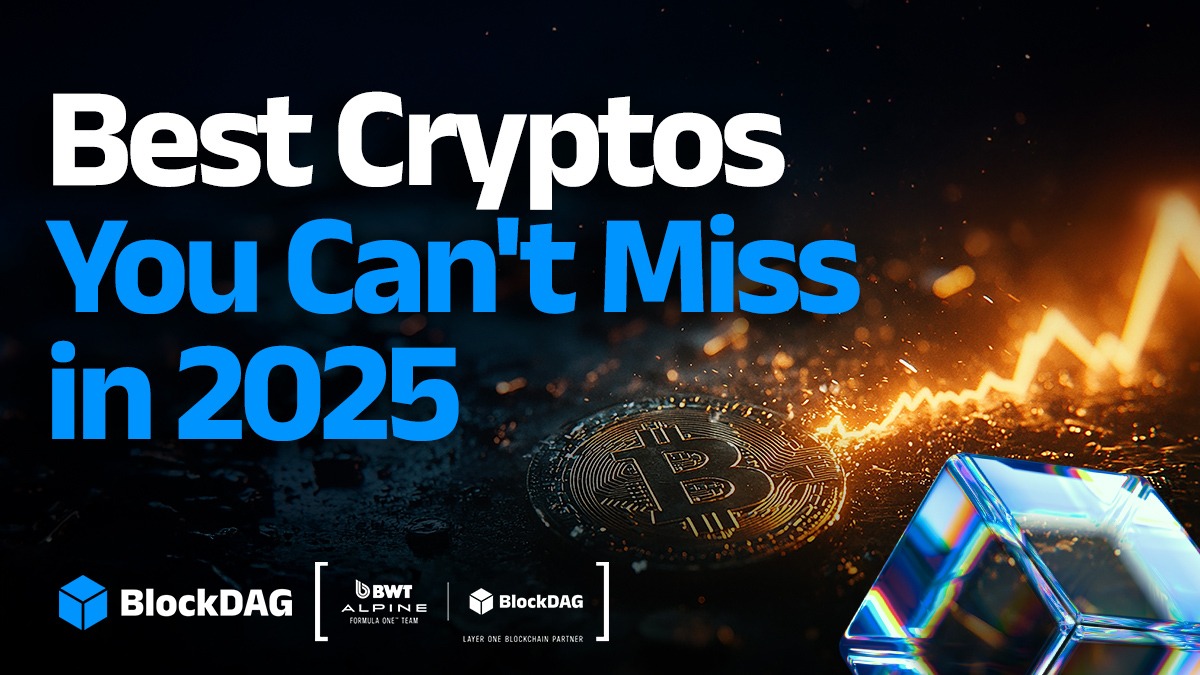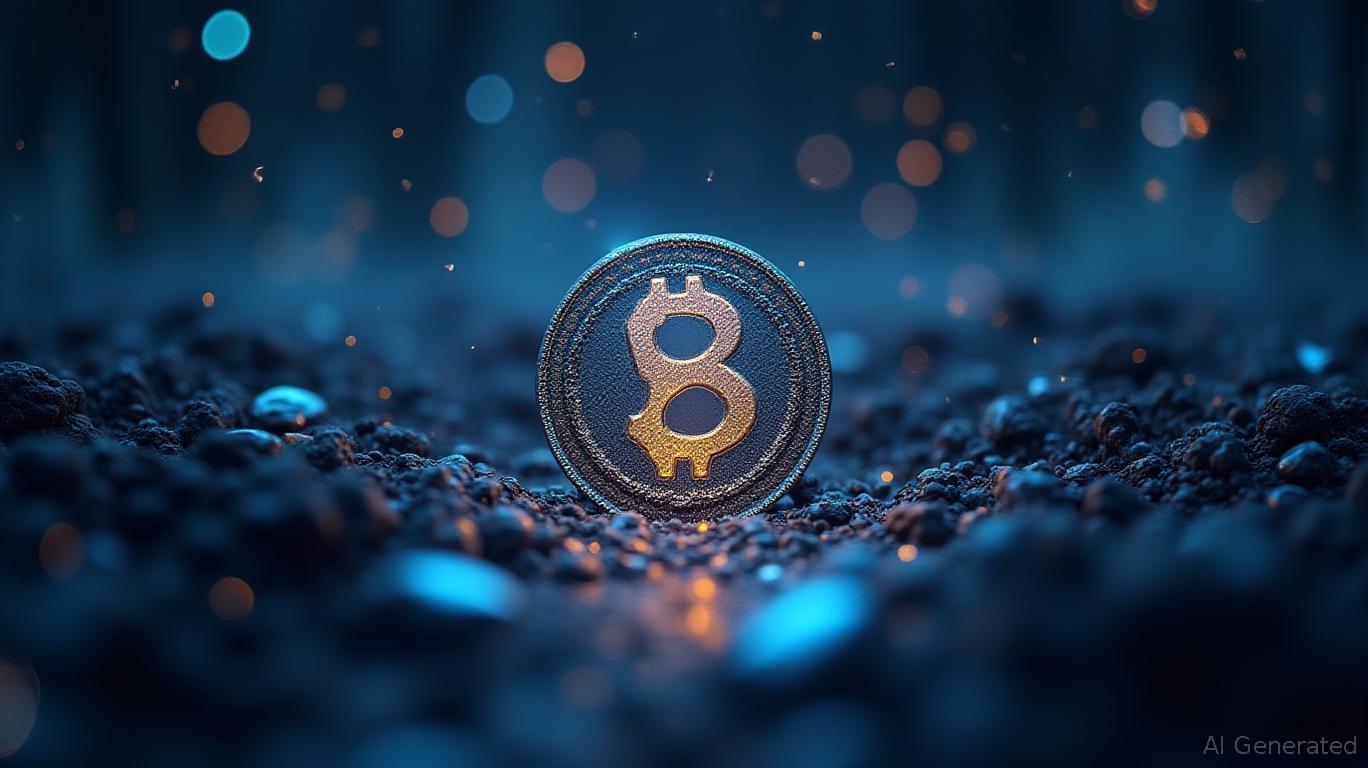Nootropics Industry Thrives Amidst Moral Debates and High Price Challenges
- U.S. nootropics market to grow at 8.9% CAGR through 2033, reaching $5.75B as aging populations and e-commerce drive demand for cognitive-enhancing supplements. - Innovators like NeuroGum and Matador Energy launch targeted products (e.g., caffeine-L-theanine blends, Alpha GPC shots) to address productivity needs while avoiding stimulant side effects. - Ethical concerns over synthetic nootropic misuse and high costs limit accessibility, though R&D partnerships with neuroscientists boost credibility for ing
The U.S. nootropics sector is set for robust expansion, propelled by increasing public interest in brain health and ongoing improvements in product development. As stated in a
Major companies like Qualia Life Sciences, NeuroGum, and Matador Energy are introducing new products to satisfy consumer needs. For example, NeuroGum’s Neuro Mints, released in May 2024, feature a combination of caffeine and L-theanine to enhance focus without the typical side effects of stimulants. Likewise, Matador Energy’s functional energy shots, now available nationwide through Circle K, blend 185 mg of natural caffeine with Alpha GPC to appeal to those seeking productivity boosts. These product launches illustrate a wider movement toward innovative formulations designed for health-minded individuals.

Nevertheless, the industry faces ongoing obstacles. Ethical debates regarding the misuse of synthetic nootropics—especially among students and working professionals—continue to hinder broader acceptance. Moreover, the high cost of premium, scientifically validated products restricts access for lower-income groups. Despite these challenges, the sector’s growth is supported by increased investment in research and development. Companies are working with neuroscientists to substantiate the benefits of ingredients like ashwagandha and bacopa, which helps build trust as regulatory oversight intensifies, according to the report.
The report further points out that states such as California, Texas, and New York are at the forefront of adoption. Online sales channels play a pivotal role in distribution, allowing brands to connect with customers across the country. Additionally, new offerings like Monteloeder’s MINDREVIVE—a plant-based formula featuring sage and Japanese pagoda tree extracts—highlight the industry’s emphasis on natural, clinically proven products.
Disclaimer: The content of this article solely reflects the author's opinion and does not represent the platform in any capacity. This article is not intended to serve as a reference for making investment decisions.
You may also like
Top Cryptos with Most Potential: BlockDAG, Dogecoin, Pepe, and Shiba Inu Gain Momentum

Solana News Today: Grayscale Connects Conventional Finance and Blockchain through Solana Trust
- Grayscale launches GSOL, the U.S.'s largest publicly traded Solana spot fund, offering direct SOL token exposure and staking integration. - Solana's network generates $425M monthly fees, supports 500+ dApps, and maintains 1,000+ active developers, reinforcing institutional confidence. - Regulatory progress includes Hong Kong's Solana ETF approval and U.S. applications, while SOC certifications enhance staking security for risk-averse investors. - Despite recent price dips, Grayscale highlights Solana's u

Thailand Strikes a Balance Between Crypto Regulation and Tourist-Focused Digital Baht Trial
- Thai SEC and CCIB raided a Worldcoin iris scanning site in Bangkok, arresting suspects for operating an unlicensed crypto exchange under the 2018 Emergency Decree. - Worldcoin’s biometric data collection for WLD tokens faces scrutiny in Thailand and globally, with regulators citing unlicensed services and privacy violations in Kenya, Germany, and France. - Authorities emphasized the crackdown aims to prevent fraud and money laundering, while Worldcoin introduced privacy upgrades like SMPC encryption and

Ethereum Updates: SHIB's Massive Token Burns Fail to Address Utility Gap
- Shiba Inu (SHIB) token's 26,493% daily burn rate spike fails to resolve its core issue: lack of tangible utility despite increased scarcity. - Shibarium's stagnant Total Value Locked (TVL) highlights structural flaws, as platform upgrades like BONE Plasma Bridge relaunch show no meaningful adoption growth. - SHIB's price volatility (23% monthly decline) contrasts with Ethereum's institutional adoption, exposing its inability to capitalize on network growth due to limited functionality. - Analysts stress
